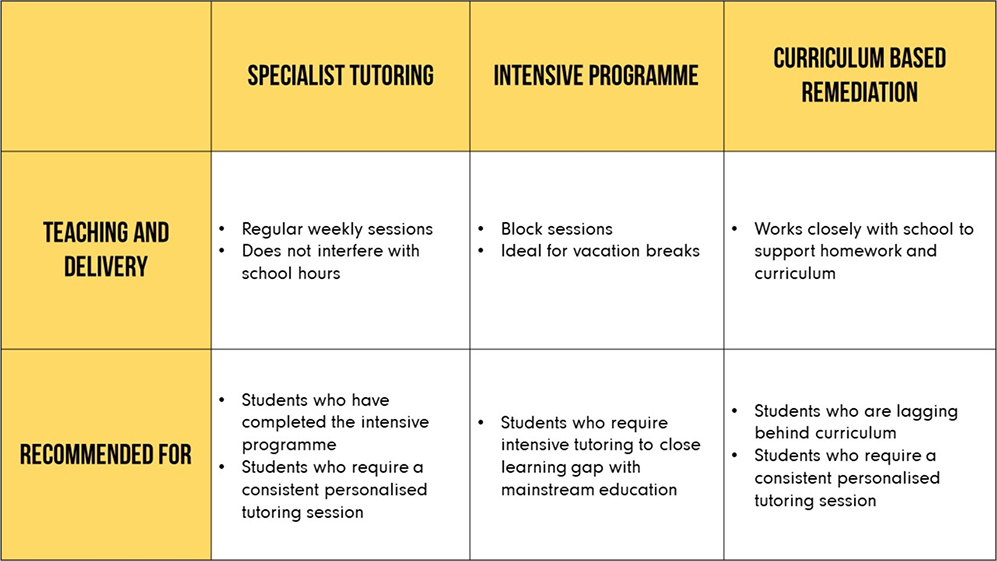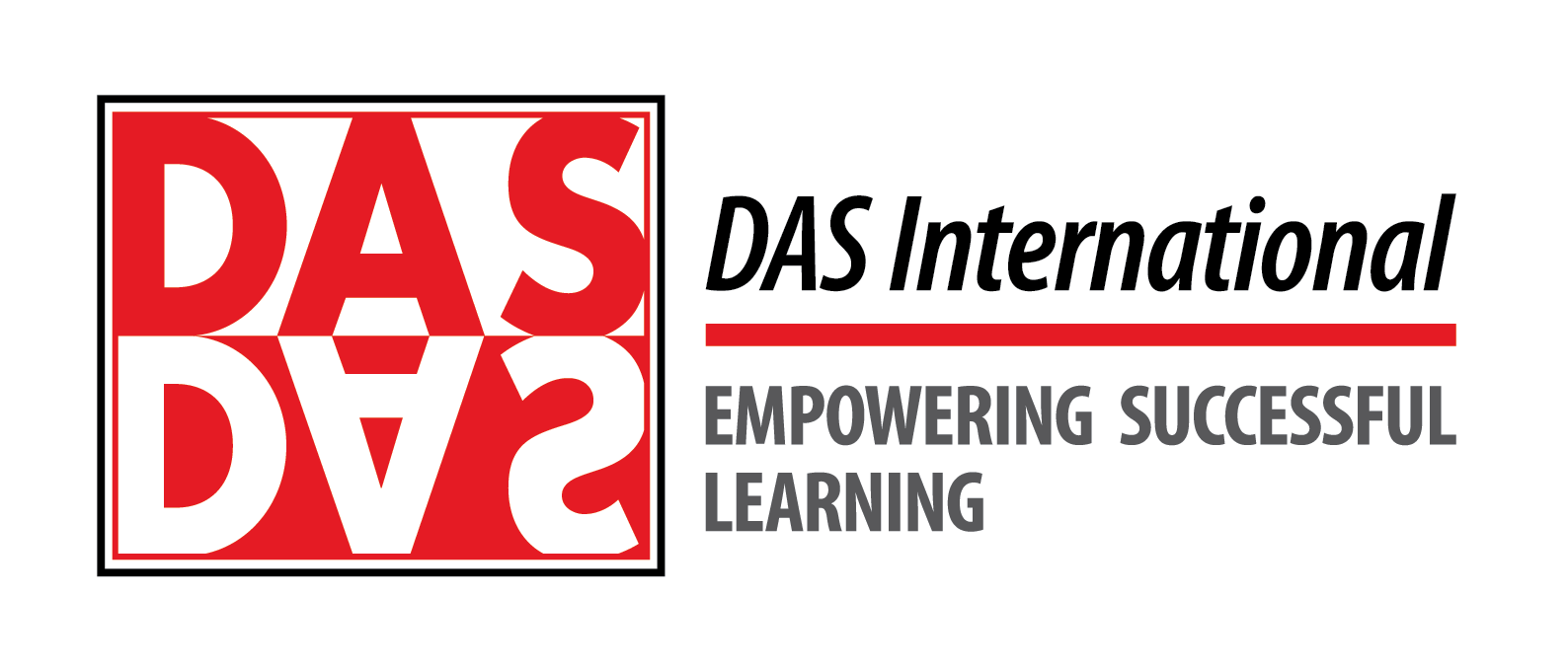
The highlight of this programme is that it provides a strong link between the curriculum and remediation, all the while keeping in mind the child’s learning differences. The focus is on the strengths of the learner as the curriculum is explored.
- Bridging remediation and curriculum
- Choosing the remediation techniques based on the learner’s strengths
- Extending the strategies and effectively adapting them to curriculum
- One on one sessions that encourage problem-solving strategies
- An explorative, creative and joyful way of learning that boosts the self-confidence of the child in the classroom
- Study Skills and organisation strategies
To see our Specialist Teachers, please click here

Case Study
At DAS International the Curriculum-Based Remediation works keeping in mind the child’s strengths and choosing strategies that maximise the potential. The results have been almost instantaneous reflecting on the performance and self-confidence of the child.
This was evident when I worked with a dyslexic student A who could not read by the end of grade 2. The parents wanted me to help the student with homework. Bearing in mind that homework reflects how much class instruction has been absorbed by the child, I started filling the gaps using curriculum-based remediation. The parents connected me to the homeroom teacher and open communication was set up. The child could now see the whole picture and understood that there was a link between my remediation and school work. The interest levels picked up. Now in grade 3 this child reads grade level fluently, works out maths problems with an understanding of the concept and spells words using phonics and is very confident in class and volunteers to share answers in the class.
Watch this video about Curriculum Based Learning and other services by DAS International!
Why is Curriculum Remediation Necessary?
Curriculum remediation plays an important role in children who learn differently.
Children know when they are lagging in their schoolwork. This lack of progress may impact their self-esteem negatively, causing anxiety and affecting their academic performance. This, in turn, would restrict the feeling of inclusion as well as hamper class participation. Curriculum remediation helps to break this vicious cycle and helps to reinstate self-esteem. Integrating curriculum topics along with specific interventions creates a strong tool for struggling learners to fill the learning gaps and achieve their potential.
WATCH THE WEBINAR
updating….


